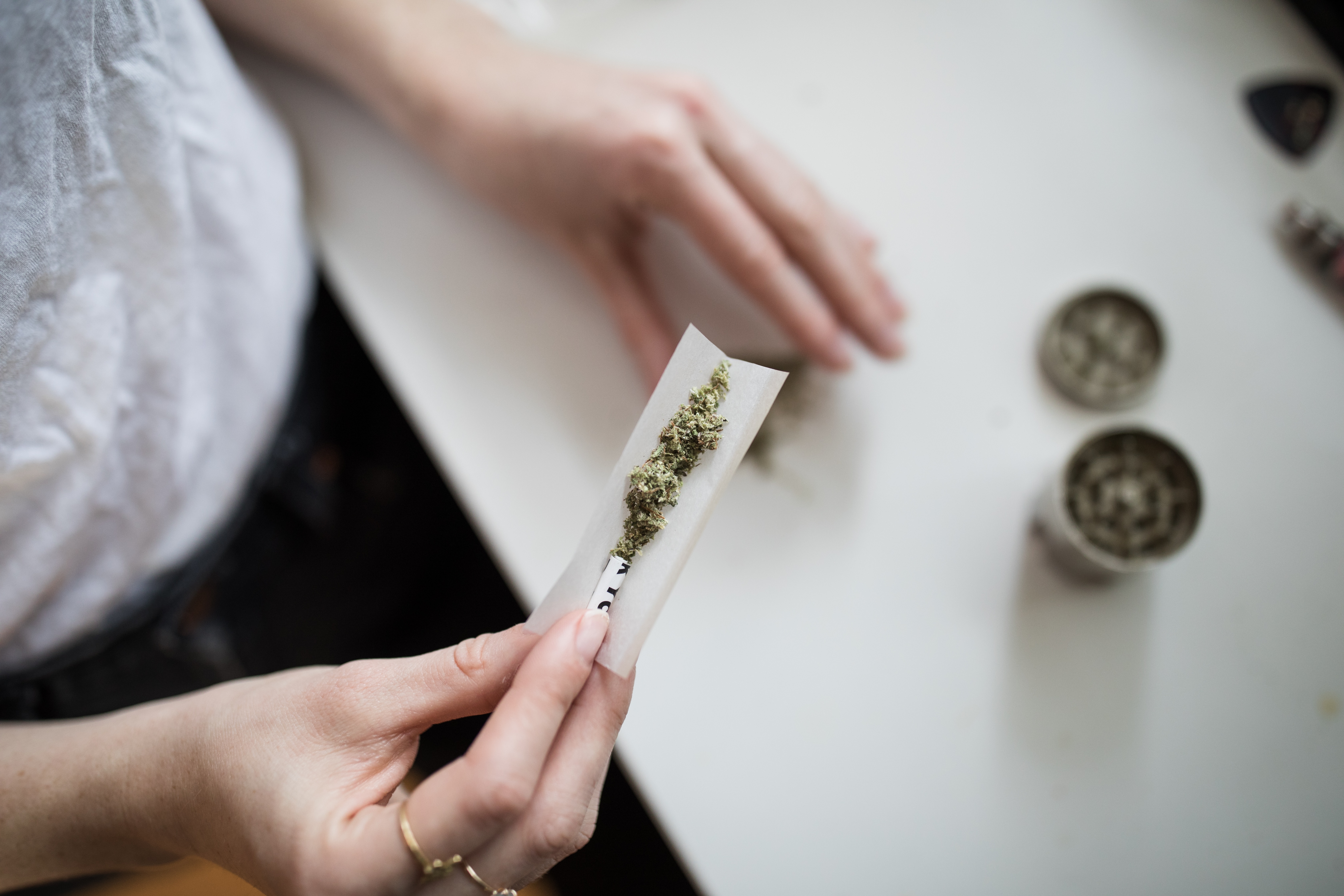January 17, 2020
by Tina Arnoldi
 Recreational cannabis use is associated with the relief of stress, anxiety, and depression, according to some users. A study in the Journal of Affective Disorders reviews the evidence surrounding inhaled cannabis use for mental health benefits. Their dataset was from 2,000 users and 12,000 sessions in the Strainprint app where users recorded their medical conditions and the impact of cannabis use on their symptoms. Most sessions reviewed showed a positive impact on stress, anxiety, and depressive symptoms. For depressive symptoms, a strain with higher CBD and lower THC worked the best, but with stress, cannabis with high CBD and THC was most beneficial. There was no significant impact for anxiety. However, the authors acknowledge the bias of self-reported data in the study.
Recreational cannabis use is associated with the relief of stress, anxiety, and depression, according to some users. A study in the Journal of Affective Disorders reviews the evidence surrounding inhaled cannabis use for mental health benefits. Their dataset was from 2,000 users and 12,000 sessions in the Strainprint app where users recorded their medical conditions and the impact of cannabis use on their symptoms. Most sessions reviewed showed a positive impact on stress, anxiety, and depressive symptoms. For depressive symptoms, a strain with higher CBD and lower THC worked the best, but with stress, cannabis with high CBD and THC was most beneficial. There was no significant impact for anxiety. However, the authors acknowledge the bias of self-reported data in the study.
Another study in Addiction reviewed the use of depression over a twelve-year period. This included 728,691 persons aged 12 years or older. Results showed the increase of cannabis use was twice as common for people who had depression compared to those who did not. Although cannabis use has increased in general, the higher rate of increase for people experiencing depression could be an effort to self medicate. I invited experts to comment on the use of cannabis to self-medicate depressive symptoms.
Emin Gharibian, a psychologist, who treats people with depression and anxiety, said “marijuana is definitely not a first line treatment for depression and anxiety. Yes, it can help people feel relaxed and clear their mind; however, at the end of the day, it's a substance that makes them high. Marijuana being used to treat depression and anxiety is kind of like using alcohol to treat those conditions. Yes, it can work in the short-term but in the long-term, the negatives outweigh the positives.”
Gharibian had several teenage patients who used marijuana to cope with depression and anxiety and ended up in psychiatric hospitals due to psychotic symptoms resulting from use. Gharibian’s concern is that “marijuana today is not the same marijuana that was produced 20-30 years ago. Because of how the plants are grown, the THC content in them is very high. The THC content in concentrated cannabis (e.g. Wax) is even higher. THC is the active ingredient in marijuana and it is a partial dopamine agonist (which can cause people to become psychotic in high doses). There is also no oversight or regulations into marijuana production. You don’t know what you’re going to get when you buy it. There isn’t anybody out there testing marijuana to let consumers know how potent a potential batch is.”
Experts point to research and studies supporting psychiatric medications for mental health conditions rather than cannabis us. “Medications target specific neurotransmitters in a controlled manner (e.g. serotonin, norepinephrine, GABA etc...) associated with managing our mood and anxiety,” said Gharibian. “While they do have their own side effects, they are not physically or psychologically addicting like substances. Their manufacturing and testing process is also done in a scientific manner. Their efficacy is evaluated through lengthy studies that compare their effectiveness compared to placebos.”
But even medication alone is not enough to treat depression, which is why experts believe care for depression is best done under the guidance of a professional rather than through self-medication by an individual. Ankush Patel, MD notes “the proper treatment of depression may require extensive psychotherapy. This means meeting with a licensed professional who is trained to both listen and be there for you to provide guidance that will eventually leave you with the tools to properly manage your depression independently. This cannot be accomplished solely through the use of medication of any sort, including cannabis. Medication used in the treatment of depression should be seen as adjunctive to a comprehensive multidisciplinary approach that is required to treat this condition, as opposed to an end-all-be-all cure.”
Since medical and recreational use of cannabis in licensed facilities is a newer concept compared to psychiatric medication use, this field needs additional research and study. Although there may be short-term benefits with using cannabis for mental health symptoms, patients need to consider the potential side effects and risks of using a substance that was not developed for depressive symptoms.
The danger with any substance used for coping is the potential of addiction. Gharibian notes that “people do become psychologically addicted to it in the sense that they will be reliant on the substance rather than learning to cope with whatever is making them depressed or anxious.” and Patel believes “prolonged use of cannabis can lead to dependency, which will only further delay one's ability to properly manage their depression.”
Tina Arnoldi, MA is a marketing consultant and freelance writer in Charleston SC. Learn more about her and connect at TinaArnoldi.com